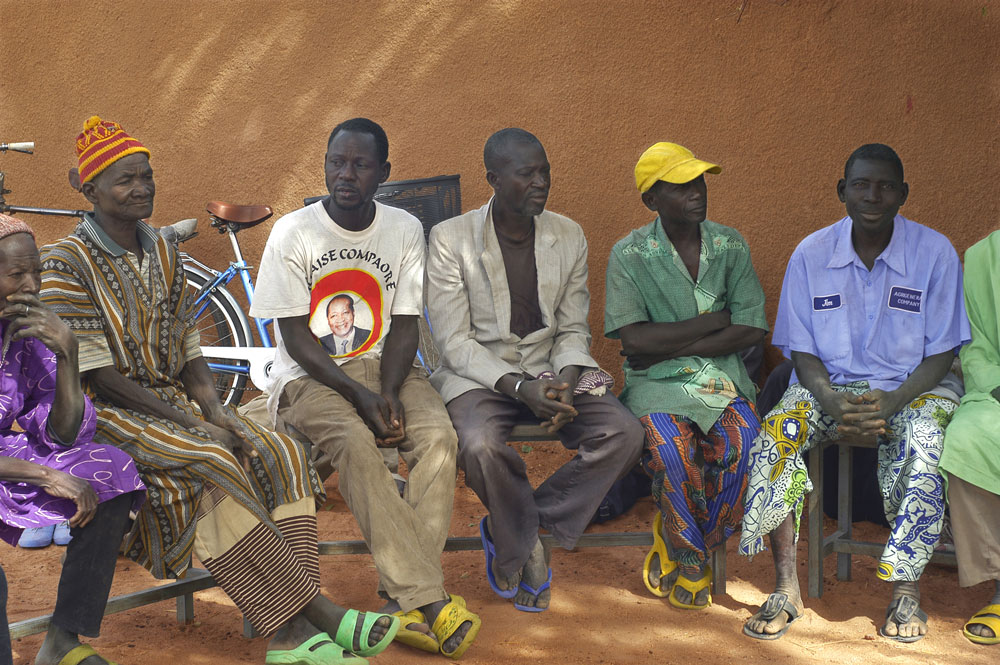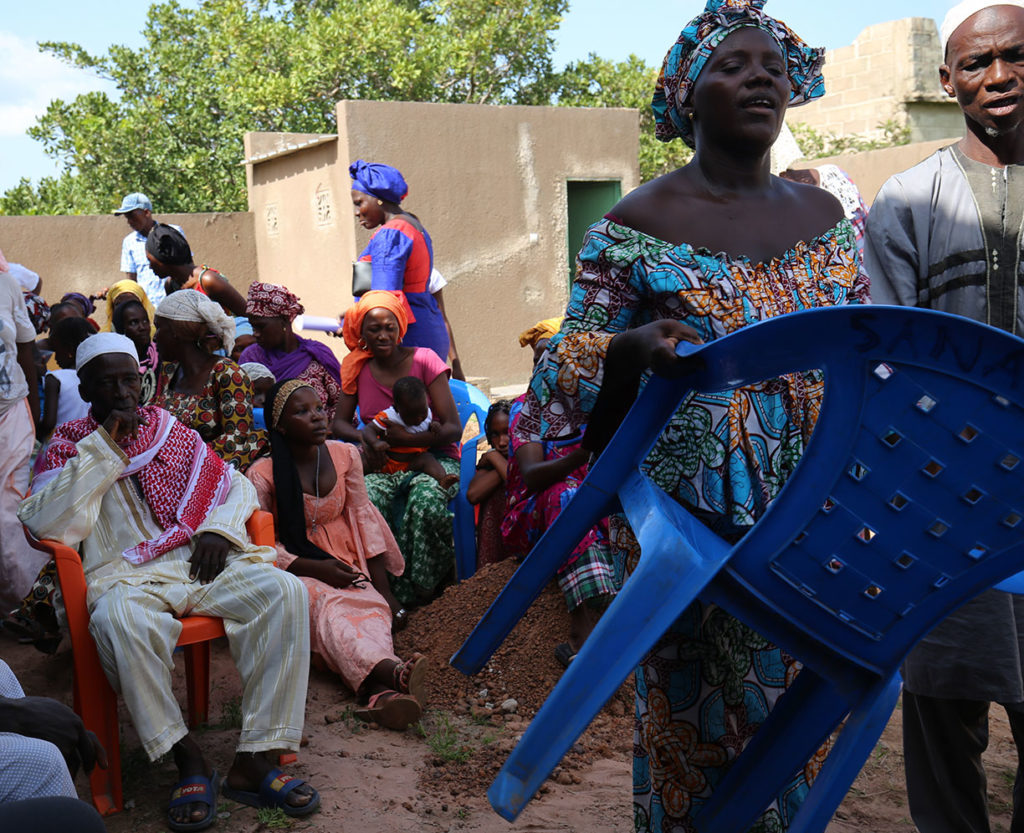People that make a difference
Getting everyone around the table

After simmering for months, the situation had reached a boiling point. Tensions had been growing for some time between the older religious leaders and the young people challenging their authority. Educated but with few employment prospects, the youth were frustrated with lacking a voice in the decisions that affected their lives: in politics, in society, in religious institutions. And they were losing faith in their religious leaders, too, as many young people travelled abroad for religious instruction and felt detached from traditional teachings. They started to ask for positions of leadership in their places of worship, so that their voices too could be heard. When the elders said no, communication quickly broke down. One day, it came to a head: buoyed by strength and numbers, the young people began to take leadership of the worship centre by force – removing the religious leaders and declaring the site a youth-led institution.
“The more you talk without fear, and as long as you stay objective, at the end of the day the groups will talk to each other.”
The road to dialogue was far from easy, however, as Rev. Anyenda points out: “The first time we went, we could not talk – the youth chased us away and would not even hear us out. We had to lobby behind the scenes to arrange a second meeting. This time it was tense, but at least we listened to each other.” It took a further six meetings before the talking really started. Through exercises like scenario building and problem trees, the CICC mediators were able to identify the main issues and give direction to the discussions. “What we’ve learned is the more you talk without fear, and as long as you stay objective, at the end of the day the groups will talk to each other.” Building respect between the elders and the youth was crucial to keeping everyone around the table. “We talked for so long and sometimes we were about to despair – but at that point of despair we had a breakthrough, people talked to each other and we could map ways forward.”
From conflict resolution systems to peacebuilding initiatives, facilitating a dialogue between different parties is a vital element of addressing tensions that can fuel violent extremism.

From conflict resolution systems to peacebuilding initiatives, facilitating a dialogue between different parties is a vital element of addressing tensions that can fuel VE. This is why many EU-funded projects focus on getting everyone around the table to talk through differences and find common solutions. For example, STRIVE Global GCERF has established community dialogue platforms to address intercommunal conflict that had been exploited by VE groups in North Central Nigeria. By engaging with local leaders and raising community awareness of VE, it was possible to start a constructive dialogue to address and resolve conflicts. Similarly, a recent STRIVE Horn of Africa initiative has worked to build the capacity of Kenyan law enforcement to engage with civil society in combatting VE. By helping to review relations between the two groups through workshops and dialogue, the project was able to grow trust on both sides and ultimately strengthen cooperation on Preventing and Countering Violent Extremism (P/CVE) related issues.
Thanks to CICC’s work, the two sides at odds over control over the worship centre experienced the transformative impact of starting a conversation. “When I look at where we are today, they have even gone beyond what we expected,” relays Rev. Anyenda. “The youth are involved, the older people are involved; in fact, the youth will sometimes call on the elders to come and explain traditions, and the older ones will invite the youth to the traditional places where previously they would not have been permitted. We have started seeing change whereby each group appreciates the other – and it is all because of this dialogue and active communication.”